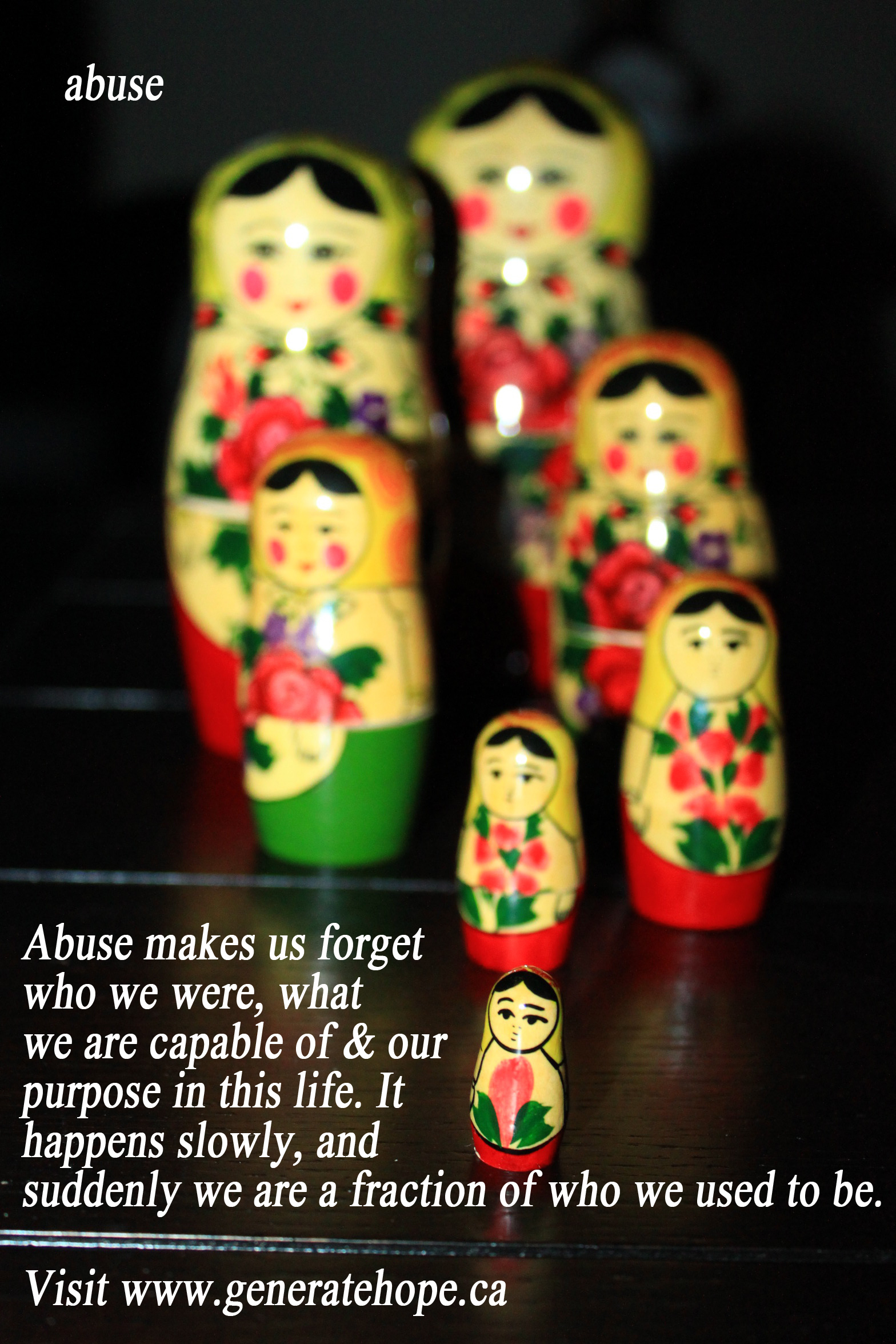By Tabasom Eblaghie, RCC
Did you know that sleep difficulties are both a cause AND an effect of mood problems?
Stress and depression disrupt our sleep, but lack of sleep also LEADS to depression and anxiety.
Here are a few tips for improved sleep:
1) Avoid over the counter sleeping medication – the type of sleep you get with OTC medications is not as helpful as normal sleep. Many people feel groggy the next day and not as rested. If you must take a sleeping pill, research shows that medication prescribed by a doctor for a short period of time results in better sleep. You could also try a chamomile tea infused with POWDERED MAGNESIUM for muscle relaxation (please consult your doctor before taking any supplements).
2) Go to bed and wake up at the same time every day. When we go to bed at different times during the day, it can easily disrupt our 24-hour cycle, making us feel jet-lagged. If you are experiencing depression, precise bedtimes are a necessary part of life. Set a standard time to wake up using an alarm clock, preferably across the room so that you have to stand up and turn it off.
3) Start preparing for sleep about an hour before bed-time – avoid exercise, heavy meals and bright light.
4) The temperature of the room is important – 18 to 21 degrees Celsius. Block out bright lights from the street with blinds or curtains, and wear earplugs if noise is an issue.
5) For three weeks, write down three things you’re grateful for that day – make sure that they are not the three things you’ve written down previously. By the end of 21 days, you’ll have 66 moments of gratitude to visit and enjoy. You would also have strengthened the habit of positive thoughts, and focused on the good moments in your life, which helps you fall asleep with less anxiety.
6) Say your prayers, or meditate before going to bed – worry and negative thoughts can keep us up all night. Letting go and having faith in a greater Power than ourselves has been shown to allow us to practice gratitude and acceptance in our lives, thus releasing the negative voice of anxiety.
If you’ve felt sad or anxious lately, please call to see if counselling is a good option for you at this point in your life. Please call Tabasom at 604.889.3635 or email tabasom@generatehope.ca





